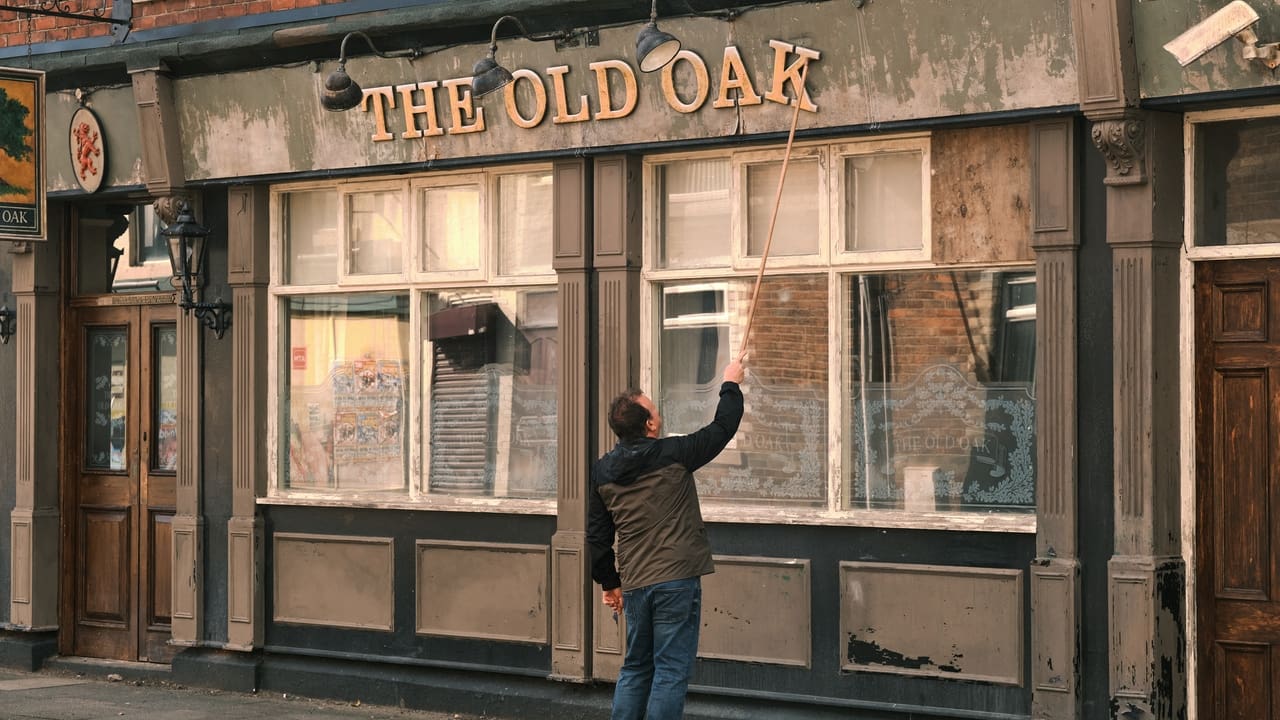A lack of familiarity can produce so many needless problems, especially when it involves individuals about whom we know little or nothing. That lack of understanding can consequently yield issues that plainly aren’t warranted and, more importantly, can be easily dispensed with by simply taking the time to find common ground. Such is the case in what is said to be the final film from legendary director Ken Loach, who tells the story of a group of Syrian refugees who relocate and settle in an economically depressed former coal mining town in northern England. The locals, who themselves are struggling to get by, are far from welcoming to the new arrivals, who have essentially lost everything and are merely looking for a place to start over. In many respects, both constituencies have much in common, but their unfamiliarity with one another gets in the way, leading to friction between them, especially on the part of the town’s long-term residents, who feel they’re being crowded out and left behind. But hope is not lost, thanks to the efforts of the owner (Dave Turner) of the community’s principal local meeting place, a rundown pub called The Old Oak. He befriends one of the new arrivals, a young woman and would-be photographer (Ebla Mari), who manages to ingratiate herself into the lives of the barkeep and many other local residents. Their connection is not without its challenges, but the solidarity that emerges from it helps bring people together who might not do so otherwise. The style of filmmaking and narrative themes in this offering are classic Loach, recalling many of the works this prolific director has made for nearly 60 years, and, in many ways, it feels like the perfect send-off for this thought-provoking artist. Some story elements are, admittedly, rather predictable, and the ending feels somewhat truncated and abrupt, with a few story threads that aren’t fully resolved. Nevertheless, the filmmaker has made the kind of parting statement here that he’s been making in his other noteworthy works about the perils of the downtrodden, the need to help them and the necessity for fostering an intrinsic sense of fairness in the lives of us all. And what better way is there for a talent like Loach to say his last goodbye.
